Smart Locks: The Key to Independence and Accessibility
Imagine the frustration of fumbling with a heavy set of keys, the cold chilling you to the bone as you juggle several bags of groceries. We’ve all been there! This struggle can be a reality for many, especially older Australians and people living with disability.
Smart lock technology offers a solution, replacing traditional keys with a convenient, secure and easy-to-use way to control home access. Smart locks are essentially electronic door locks that provide access through a variety of methods including fingerprint scanners, RFID Tags, personalised access codes and even voice commands. Let's explore how these smart devices can empower people with disabilities and the older population to enjoy a safe and convenient homelife.
Safety First
Smart locks grant remote access control. For those with caregivers or family checking in, the ability to unlock remotely offers peace of mind for everyone.
To optimise safety for residents, smart locks can also be programmed to grant temporary access to OTs, support workers, caregivers or family members during specific times.
Smart locks can be programmed to automatically unlock during emergencies, allowing first responders quick access without compromising security.
Forget the stress of lost or stolen keys! With smart locks, there are a range of access features to choose, from voice commands, access codes and fingerprint scanners.
Memory Challenges
Smart locks eliminate the worry of forgotten keys, potentially preventing lockouts and the need for emergency assistance.
Integrating your smart lock with a voice assistant like Google Home or Amazon Alexa allows for hands-free access, ideal for those with limited mobility or dexterity.
Physical Limitations
Smart locks offer a variety of unlocking methods, including fingerprint scanners, touchless access codes, and voice commands. This eliminates the need for fumbling with keys, a significant benefit for those with dexterity limitations.
Smart locks can be programmed to automatically lock after a set time, providing an extra layer of security without the need for manual action.
Smart locks often come with features like lock history logs, allowing caregivers or family members to remotely monitor home access for added peace of mind.
Frequently Asked Questions
-
Smart locks are electronic door locks that replace traditional keys. They offer various unlocking methods like fingerprint scanners, voice assistance, keypads, one-time access codes, and smartphone apps.
-
Compatibility varies depending on the specific smart lock model. Some smart locks integrate with video doorbells and security systems. If you are unsure, feel free to contact us for further advice.
-
There's no single "best" smart lock. The ideal choice depends on your individual needs, budget, existing smart home ecosystem and the door itself. Here at Homeable, we take a personalised approach to recommend the perfect smart lock solution for you! Book a free consultation for you, a loved one, or client to obtain a holistic solution for home.
-
While no system is entirely foolproof, reputable smart lock manufacturers prioritise robust security measures like encryption and multi-factor authentication.
-
Unfortunately, most smart locks require minor modifications to the existing door and doorframe. If you are renting, you would be required to seek approval from the landlord and potentially strata to make the necessary changes. If security is a concern, there are alternatives that you could consider. Smart video doorbells and cameras are a renter-friendly option that can provide visual and even smartphone notifications on the comings and goings of your home.
Contact Homeable today to discuss your unique needs and explore the diverse range of smart locks available to accommodate various door types, and their seamless integration with other smart home devices.



